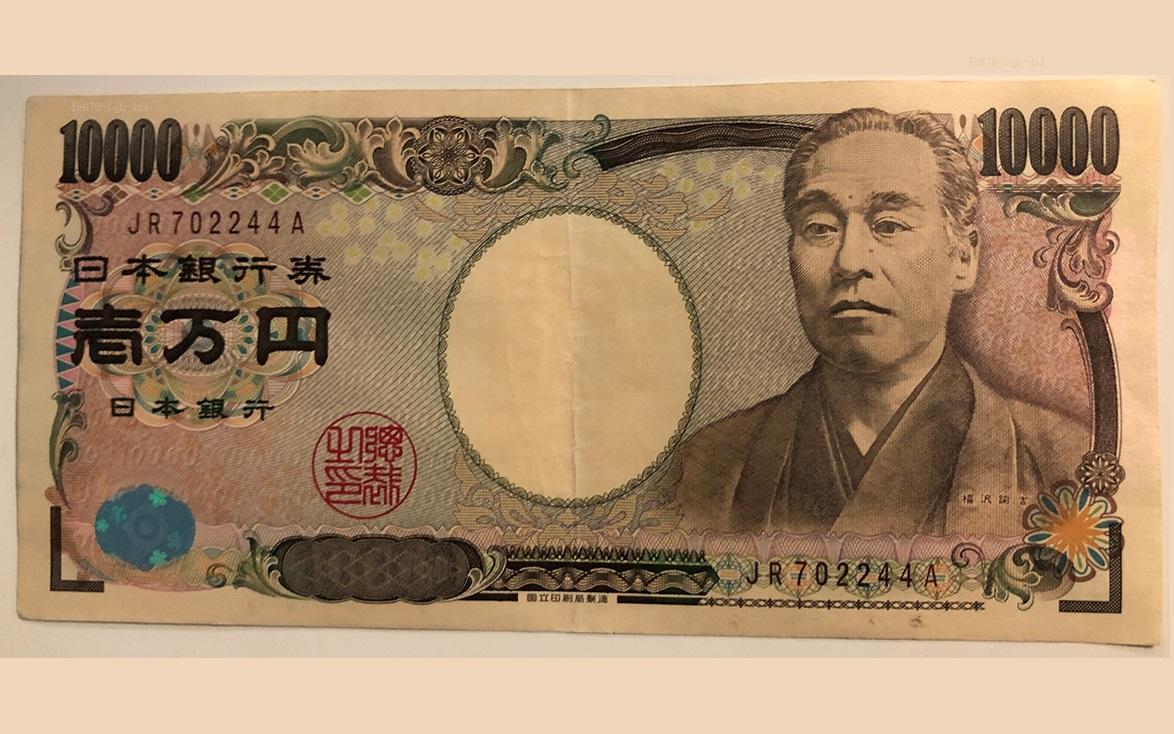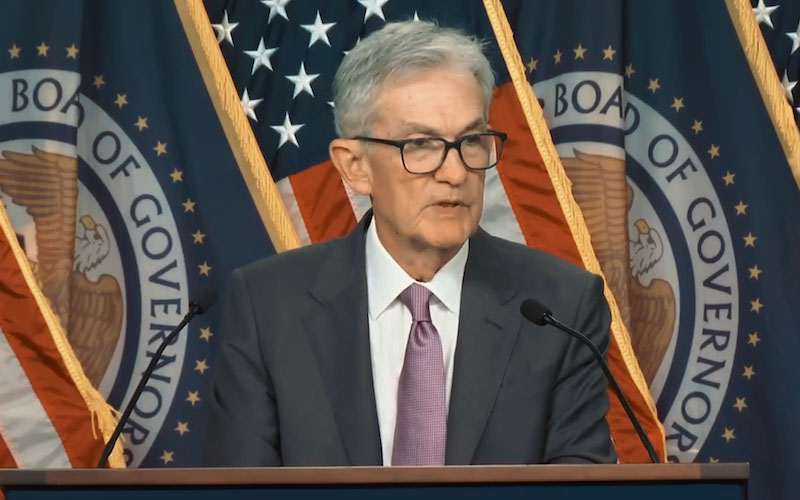Japan's Prime Minister Shigeru Ishiba faces crucial election test
2025-07-18 09:30:37

The current election background is complex: continued inflation is eroding people's purchasing power, and the Ishiba Shigeru government is still in difficult negotiations with the Trump administration for US tariff exemptions. The following are the four major focuses of market attention:
1. Challenges in governing prospects
The LDP-Komeito coalition lost its majority in the House of Representatives last fall due to a funding scandal. If it loses again in Sunday's election, although it will retain its ruling position, the legislative process will be more difficult and it will need to win the support of the opposition. A major defeat may also trigger pressure within the party for Ishiba Shigeru to resign.
Polls show the ruling coalition may not be able to retain half of the 125 seats up for election in the Senate. Even if it wins, political uncertainty will continue due to its minority status in the House of Representatives.
2. Inflation dilemma
In May, the CPI rose by 3.5% year-on-year, and the price of rice doubled year-on-year, but the wage growth failed to keep up with the price increase. The ruling party promised to provide an average subsidy of 20,000 yen per person, while the opposition party advocated a reduction in consumption tax.
3. US-Japan trade standoff
The delay in obtaining US tariff exemptions has caused public dissatisfaction. The opposition party questioned the government's negotiating ability and made it a major campaign issue. Ishiba Shigeru stressed that he would continue to fight for a fair agreement and refuted Trump's accusation that Japan's purchases were insufficient.
4. Fiscal concerns
The opposition's expansionary policy proposals have sparked market concerns, pushing up ultra-long Treasury yields. The 30-year Treasury yield hit a record high of 3.2% this week.
Morgan Stanley Mitsubishi UFJ Securities analysts pointed out: "If the ruling coalition loses its majority in the Senate, expectations of tax cuts may increase, leading to a slowdown in bond market capital inflows." They expect that in this case, the 30-year yield will remain at 3.2%.
The Bank of Japan's policy direction is also facing uncertainty. If the election defeat leads to a leadership change, the new prime minister may be inclined to loosen policies, which will conflict with the central bank's path of raising interest rates.
- Risk Warning and Disclaimer
- The market involves risk, and trading may not be suitable for all investors. This article is for reference only and does not constitute personal investment advice, nor does it take into account certain users’ specific investment objectives, financial situation, or other needs. Any investment decisions made based on this information are at your own risk.










